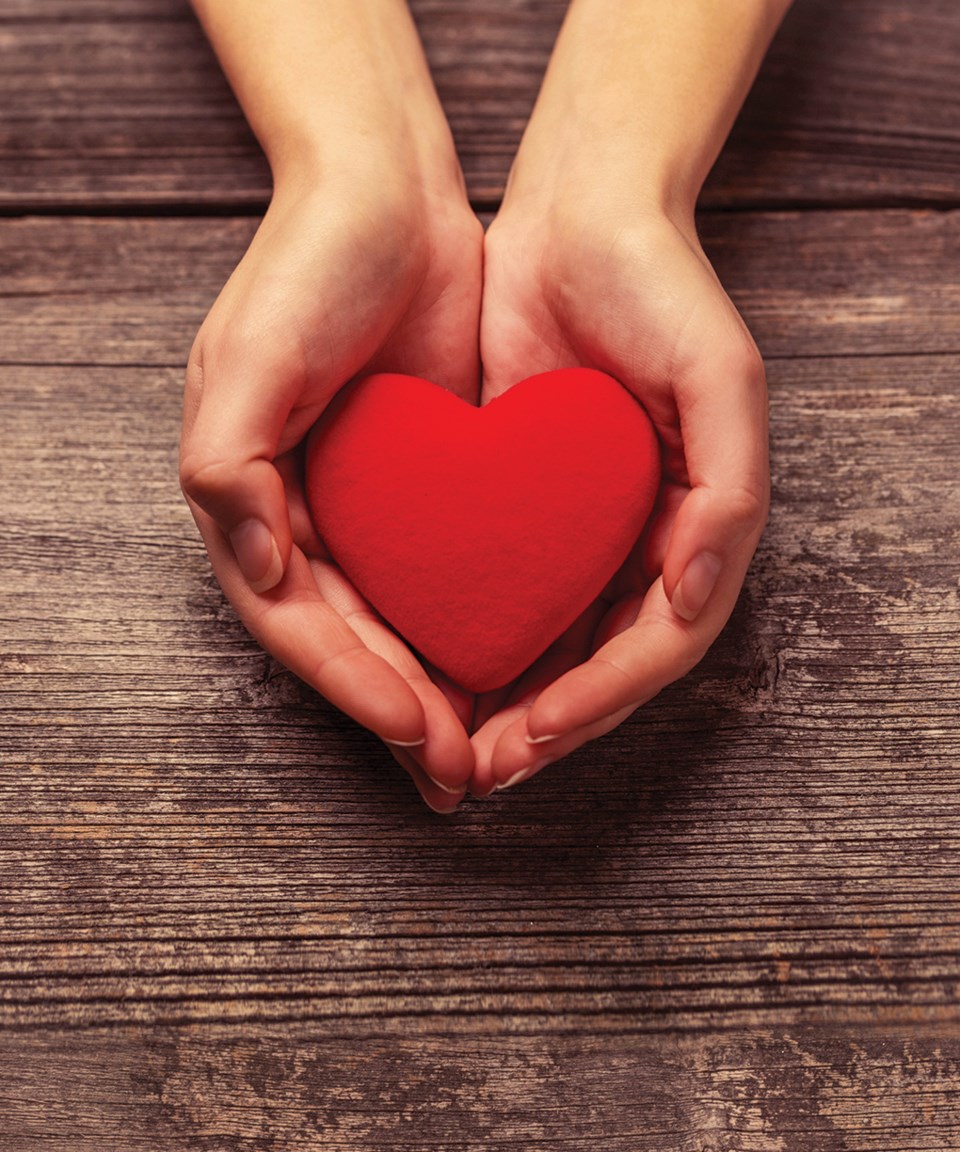These days, I am reminded of a quote: “Canada is a community of communities.”
Joe Clark said that. Some of us might remember him. He was broadly ridiculed for that statement – and also for his transparent and awkward decency.
At the time, he was talking about an unpopular but thoroughly Canadian idea: multiculturalism. Unlike the American melting pot, where no matter where you came from you were first an American, the Tory model celebrated diversity.
This idea is so apt, these many decades on, in a more local, personal, and psychological context.
I don’t know about you, but after a few weeks of emotional trauma, loneliness and caution I have boiled down my broad and complex social sense to a few kernels of personal truth about my communities.
Fear is natural. If, in the face of peril, we don’t experience it, we miss something of our essential selves. We are animals. Wariness and the deep instinct for self-preservation is as much in us as it is to our forest and marine friends. And like them, we form social collectives – communities – within which we support and help each other.
We are ever watchful and protective of our neighbours. And they of us. And in a left-handed way, there is much to be gained and treasured in these times of worry.
I wrote about solitude a while ago – its benefits and its hazards: our need to be alone and our even greater need to embrace our friends and loved ones. Balance and honesty about ourselves is key.
In scary times, we must sometimes say, “I need to be by myself. I need to process my fear.” That is not an easy thing to express. But pride and humility sometimes make it even more difficult to say to our tribe, our community, “I’m frightened. I must know you are around. I’ll be there for you if you’ll do the same for me.”
There are two competing psychological imperatives at work here.
The first is our instinct for self-preservation. We know and trust our friends, but we can’t be sure if they haven’t been in a place where the dreaded virus was airborne. And so we say, with reluctance, “later.”
The second drive is for acceptance, comfort, and faith that the assurances from friends are reliable. We may also hope they feel OK being with us.
There are also current expressions that are contradictory, counter-intuitive, and which I hope pass from our lexicon in short order: social distancing and self-isolation. These are measures that I feel, with regret, are necessary but not necessarily to be interpreted in their absolutely literal sense.
I’m going to visit a good friend after I finish this piece. We’ll sit in her back yard, talk about theatre and music and art, and pretty much ignore virus talk – which, frankly, is getting redundant and boring. We won’t hug or get too close. But that’s what’s for lunch these days.
On Thursday, Aug. 20, the stage at the Gibsons Heritage Playhouse will be graced by another great script reading.. It won’t be a full house, as it usually is, but the usual gang will be there. We’ll be spaced out. No nudging of neighbours at funny lines. But still, the show will go on, thanks to the efforts of Janet Hodgkinson and Wanda Nowicki.
That’s community.



